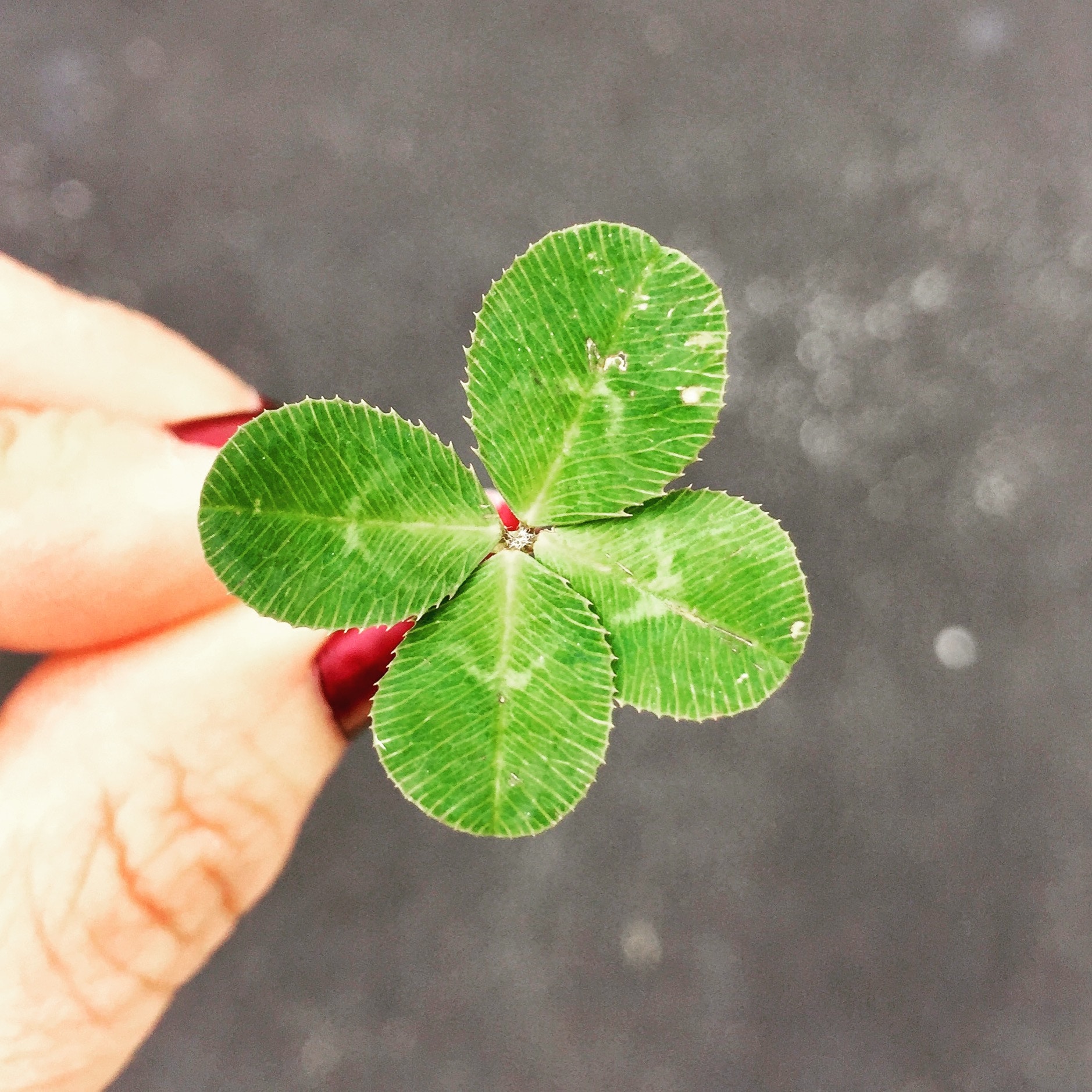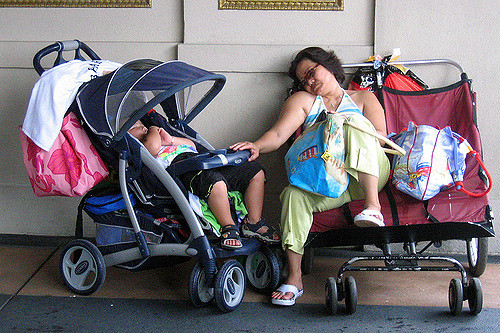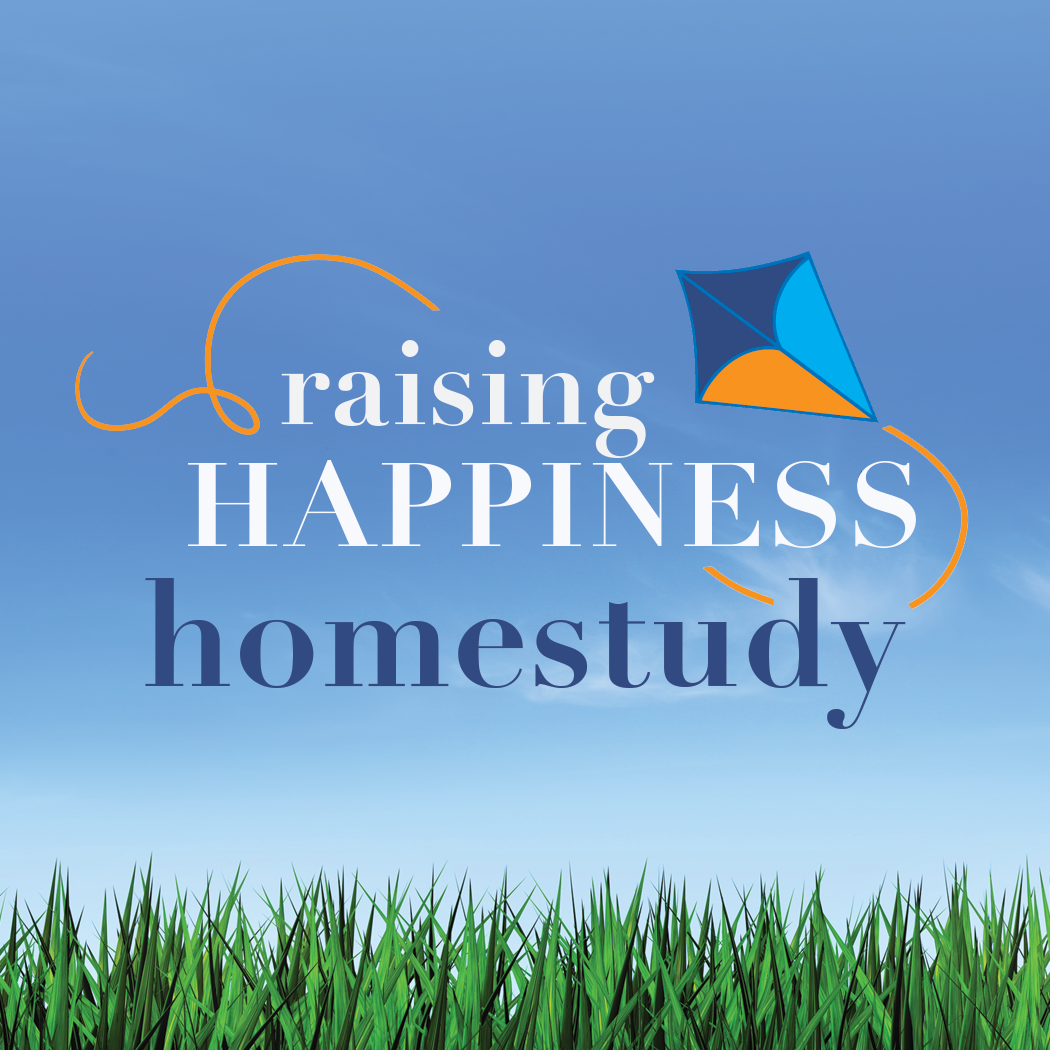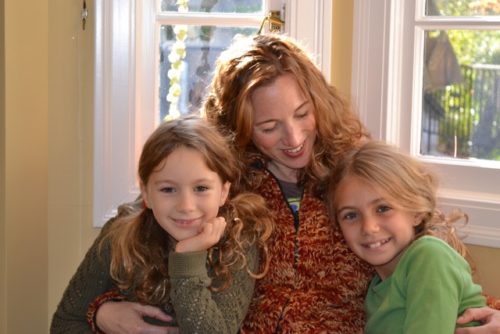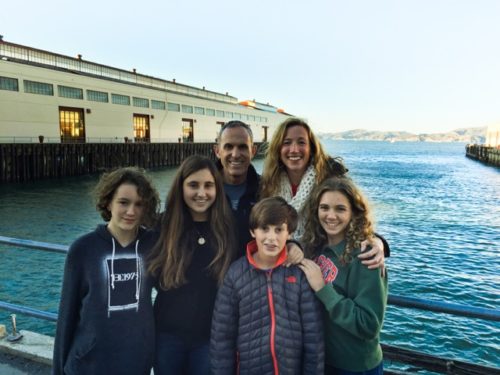“Lucky people meet their perfect partners, achieve their lifelong ambitions, find fulfilling careers, and live happy and meaningful lives. Their success is not due to their working especially hard, being amazingly talented, or being exceptionally intelligent. Instead, they appear to have an uncanny ability to be in the right place at the right time and enjoy more than their fair share of lucky breaks.”
—Dr. Richard Wiseman
Which of the lucky behaviors described in the video seems the most fun for you to practice with your kids? Pick one and schedule it. For example:
(1) Practice making eye contact with strangers, or making a new friend.
(2) Have fun with a new experience.
(3) Do some relaxing.
(4) Play good luck…bad luck…who knows?
More About Raising Lucky Kids:
![]() If you would like to download the audio version of this video to listen to in your car or on the go, click the link below. DOWNLOAD THE AUDIO VERSION HERE.
If you would like to download the audio version of this video to listen to in your car or on the go, click the link below. DOWNLOAD THE AUDIO VERSION HERE.
This video is the 2nd in a series about fostering the skills of luck, optimism, and generosity from The Raising Happiness Homestudy. Check out the rest of the Homestudy here.

